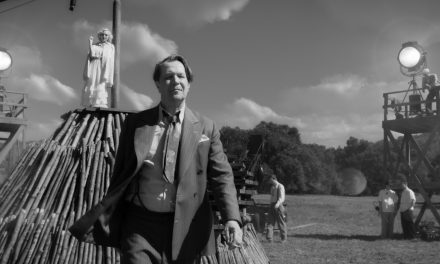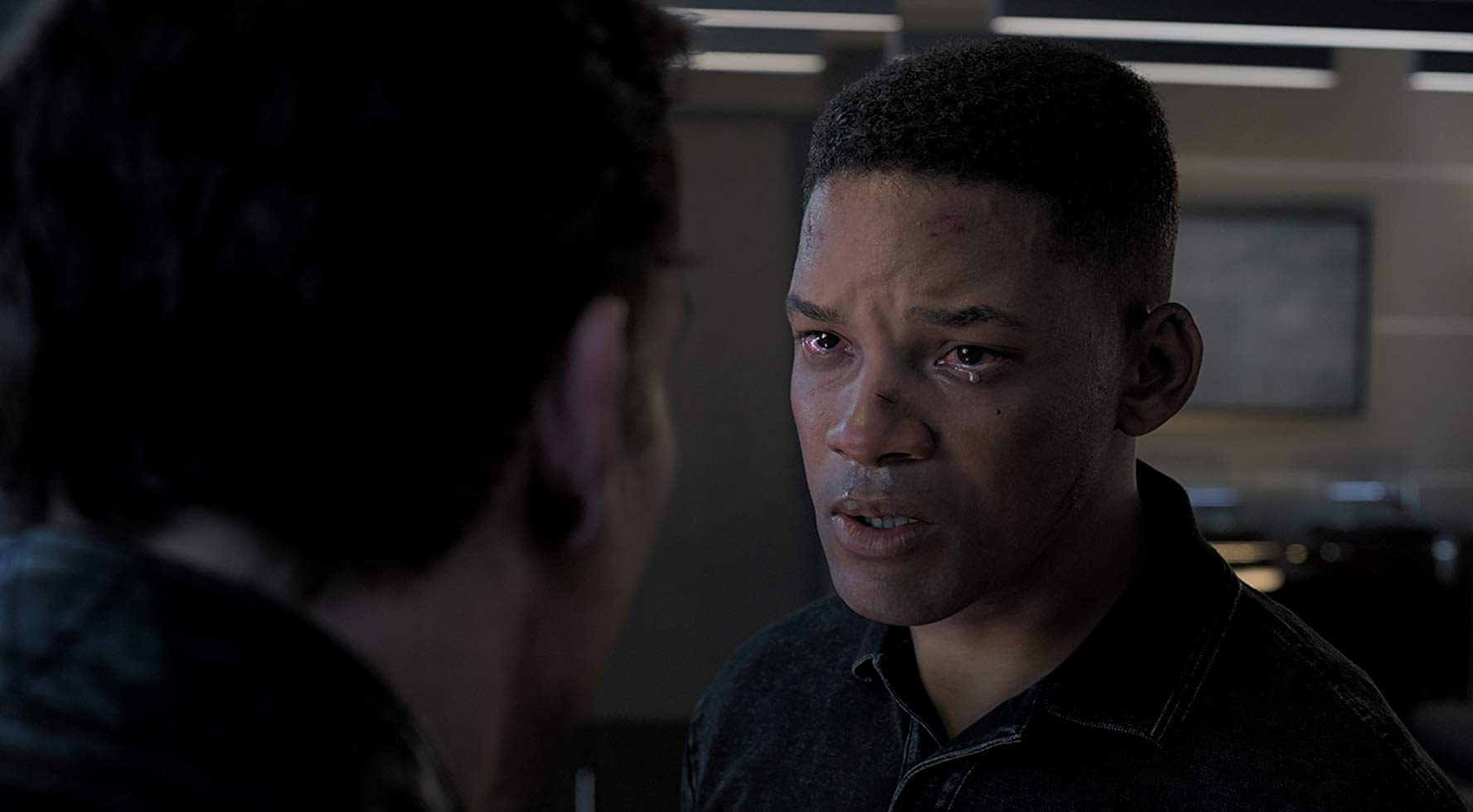The set of the musical remake of 2003 film “School of Rock” changed from a fully constructed classroom to an apartment in the blink of an eye. The musical, which played at Fox Theater from Oct. 16 to 21, was a whirlwind of unexpected turns that ultimately detracted from the show, but the company of children takes the audience through a loop with their talent and intelligence.
The singing, dancing, acting and rocking out on a variety of instruments captivates the audience from the children’s introduction all the way to the closing number.
Short on money, washed-up former band guitarist Dewey Finn (Merritt David Janes) takes on the identity of his best friend, acclaimed substitute teacher Ned Schneebly (Layne Roate), to teach a class at the prestigious Horace Green School. Here we see examples of high-quality acting from some of the characters on stage; the connection between Ned and Dewey is clearly communicated by the camaraderie of the two actors, especially in Scene 5 of Act 2 in which the two rock out together in Ned’s apartment. Upon his arrival, Dewey immediately throws Horace Green’s traditional math and English curriculum out the window in exchange for classes like rock history and appreciation. In addition, Dewey introduces the kids to rock ‘n’ roll classics, teaching them to play instruments, loosen up and “Stick it to the Man.” The song, “Stick it to the Man,” was the anthem of rebellion that had the kids on the stage jumping and shouting and bonding over their rejection of “the man.” The end of the song signaled the end of the act, and was met with the most enthusiastic applause of the night.
The looming Battle of the Bands, a competition that the students, now members of the band “School of Rock,” are scheduled to compete in, primarily moves the plot forward. Dewey, hoping to be in the battle, introduces the contest to his students and motivates them to unite as a band. The band then sets out to find its identity and becomes the School of Rock by the end of the titular song. As the battle nears, the students come out of their shells: Tomika (Grier Burke) begins singing lead vocals and Summer (Sami Bray) starts to shine in her role as band manager. The show often introduced themes of exclusion. The kids feel they don’t belong at home because of their parents’ high expectations. Similarly, Dewey is constantly reminded that his quirks and odd mannerisms have no place at Horace Green, such as in the number “Faculty Quadrille” when the staff comes together for the sole purpose of questioning Dewey’s actions.
An ordeal between Dewey and the principal of Horace Green, Rosalie Mullins (Lexie Dorsett Sharp), marks a shift in the pacing of the show. Just as Dewey gets the kids comfortable with their new roles as rock stars, he also gets Rosalie to open up and reconnect with her love of rock ‘n’ roll. She goes from the strict and controlling principal who scolds children running in the halls to a single woman looking for love and pours her heart out over a pint and Stevie Nicks blaring in the background. The audience finds itself witnessing a love story unfold between a principal and the teacher who she thinks is ruining the reputation of her preparatory academy.
The communication of tone and atmosphere to the audience has strengths and weaknesses through the performance. The show uses adult humor (with an occasional curse word to remind us how Dewey doesn’t truly belong in the school faculty), and it was eye-opening to see families get up and leave early, likely because of the mature content. In that moment, it felt like the show had lost sight of its target audience. The show has worked before, as it has run on Broadway since 2015, but the audience clearly lost interest, as I could hear whispering during what was supposed to be a quiet and romantic moment. The energy also fell short at the very beginning of the show — I waited a long time for the story to truly get started. From the opening by Dewey’s old band No Vacancy to the introduction of Ned and his wife (Madison Mucucci), the setting of the musical didn’t feel like it was being developed, but was rather just presented to the audience. Improvement could come from the increased ease of conversation between Ned, his wife and Dewey, as it is there that much of the setting is established. The introduction of the characters’ life in high school feels like it is discussed only because of how it ties in to Dewey’s motivation to win the battle of the bands, and it was evident that this was the case as the show continued.
Overall, the show reflected the youth of the actors on stage. It was an enjoyable but rushed story. The characters change over time, but it happens through just one or two scenes; the children come out of their shell, yes, but do so at the snap of Dewey’s fingers and not through any individual struggle or experience. The production as a whole could improve with refinement as an unnecessary sense of urgency was communicated to the audience through experiences such as an additional intermission to fix technical issues causing desire for the show to get back up and running as soon as possible. The show was entertaining, but to take that next step into being an admirable piece of art, the company needs to give it 10 percent more excitement.
Grade: 3/5
Joel Lerner (20Ox, 22C) is from Johns Creek, Georgia, majoring in environmental science. Outside of the Wheel, his interests include theater, music and books. If you want to strike up a (seemingly endless) conversation with him, just mention “Doctor Who” or TikTok. Contact Lerner at joel.robert.lerner@emory.edu.






